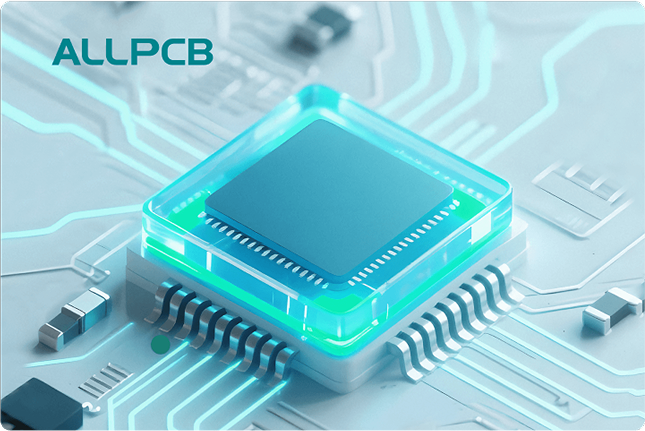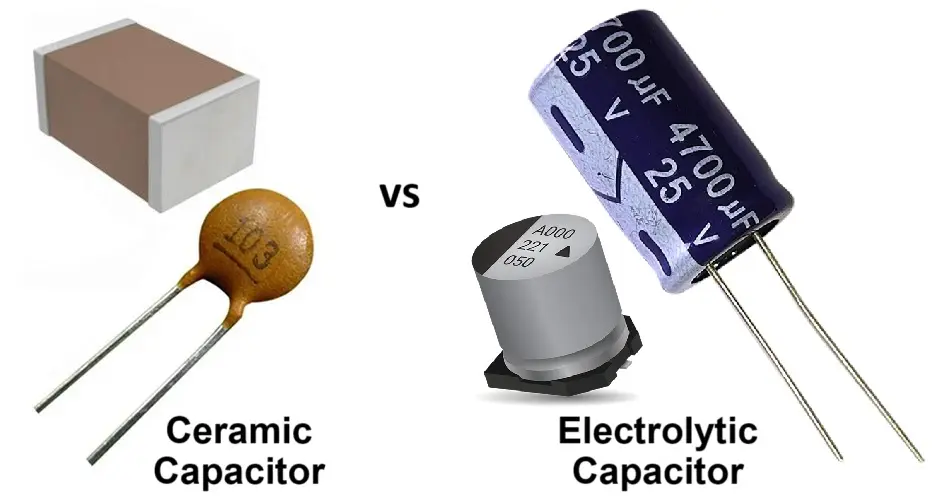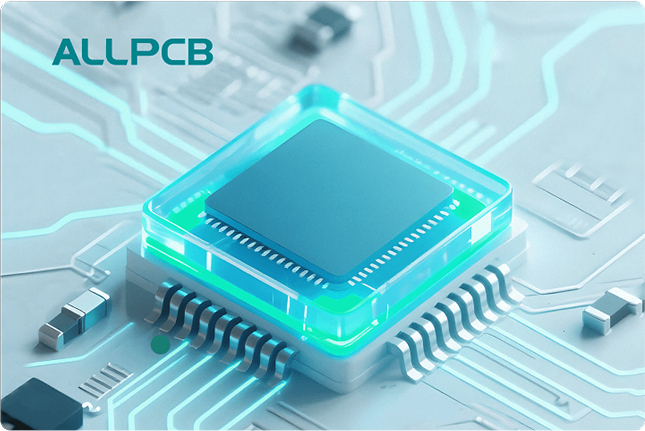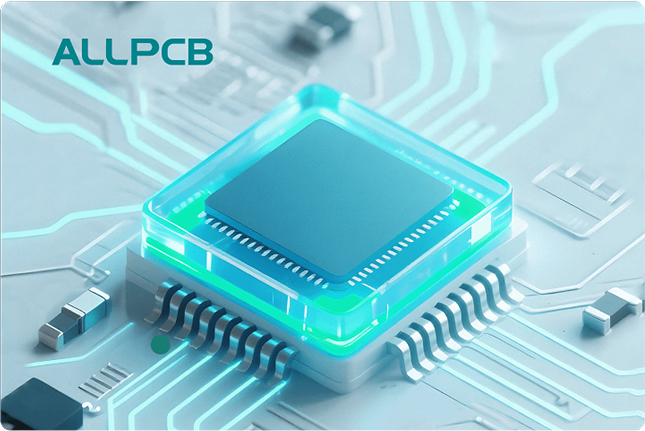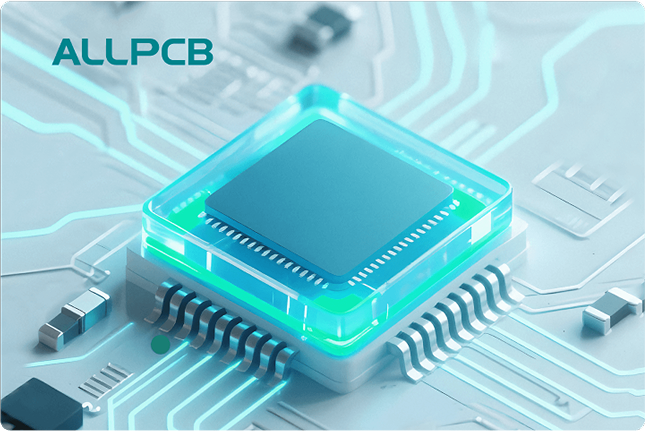Selecting the right conformal coating machine for your PCB production can be a game-changer for ensuring durability and reliability in electronic assemblies. Whether you're looking for the best automated coating solution or diving into coating and application specifics, this guide will walk you through the key factors to consider. From understanding your production needs to evaluating machine features, we’ve got you covered with a detailed machine buying guide tailored for automated PCB coaters and electronic machines.
In this comprehensive blog, we’ll break down everything you need to know to make an informed decision. Let’s dive into the world of conformal coating machines and explore how to match the right equipment to your specific requirements.
What Is a Conformal Coating Machine and Why Do You Need One?
A conformal coating machine is a specialized piece of equipment designed to apply a protective layer over printed circuit boards (PCBs). This thin layer shields electronics from moisture, dust, chemicals, and temperature extremes, extending the lifespan of the product. For industries like automotive, aerospace, and consumer electronics, where reliability is critical, using an automated PCB coater ensures consistent application and high-quality results.
Manual coating methods can be time-consuming and prone to errors, leading to uneven layers or missed spots. Automated coating machines solve these issues by offering precision, speed, and scalability for high-volume production. Choosing the right machine can reduce waste, lower labor costs, and improve product performance, making it a vital investment for any electronics manufacturer.
Key Factors to Consider in a Machine Buying Guide
When searching for the best automated coating equipment, several factors will influence your decision. Below, we outline the most important considerations to ensure the machine aligns with your production goals and application specifics.
1. Understand Your Production Volume and Needs
The first step in selecting a conformal coating machine is assessing your production volume. Are you handling small batches for prototypes, or do you need a high-throughput system for mass production? For low-volume runs, a compact or semi-automated machine may suffice, with speeds of around 10-20 boards per hour. For larger operations, look for fully automated PCB coaters capable of processing hundreds of boards per hour, ensuring efficiency and consistency.
Additionally, consider the size and complexity of your PCBs. Larger boards or those with intricate designs may require machines with adjustable nozzles or multi-axis movement for precise coating. Identifying your specific needs upfront will narrow down your options and prevent overspending on unnecessary features.
2. Types of Conformal Coating Materials
Conformal coating machines are designed to handle various coating materials, each with unique properties and application specifics. Common types include:
- Acrylic: Easy to apply and remove, offering good moisture resistance. Ideal for general-purpose applications.
- Silicone: Flexible and heat-resistant, suitable for high-temperature environments.
- Urethane: Durable with excellent chemical resistance, often used in harsh conditions.
- Parylene: Ultra-thin and highly uniform, perfect for sensitive electronics but requires specialized equipment.
Ensure the machine you choose is compatible with the material you plan to use. Some automated coaters support multiple materials with adjustable settings, while others are optimized for a single type. Check the viscosity range the machine can handle—typically between 10 to 1000 centipoise (cP)—to match your coating requirements.
3. Application Specifics: Coating Methods and Precision
The method of application is a critical factor in choosing the right machine. Automated coating systems offer several techniques, each suited to different needs:
- Spray Coating: Ideal for high-speed production, spray systems use nozzles to apply a fine mist of coating. Look for machines with adjustable spray patterns to cover complex board layouts.
- Dip Coating: Best for full coverage on simpler designs, this method immerses the PCB in coating material. It’s cost-effective but may not suit intricate assemblies.
- Selective Coating: Uses robotic arms or precision nozzles to apply coating only to specific areas, avoiding connectors or sensitive components. Perfect for high-precision needs, often achieving placement accuracy within 0.1 mm.
- Brush Coating: Less common in automated systems, but useful for touch-ups or very small batches.
For most modern electronics, selective coating is the preferred method due to its accuracy and material efficiency. Ensure the machine’s software allows for programmable patterns to customize the application process for your PCB designs.
4. Automation Level and Ease of Use
When exploring electronic machines for coating, the level of automation is a key consideration. Fully automated PCB coaters reduce human intervention, minimize errors, and boost throughput. Look for features like:
- Integrated conveyor systems for seamless board handling.
- User-friendly interfaces with touchscreens or software for programming coating paths.
- Real-time monitoring to detect issues like nozzle clogs or uneven application.
Semi-automated machines may still require manual loading or adjustments, which can be suitable for smaller operations. However, for the best automated coating results, prioritize systems with servo motors and precision screw modules for stable, high-accuracy movement—often achieving repeatability within ±0.02 mm.
5. Compatibility with Your Production Line
Your conformal coating machine should integrate smoothly into your existing workflow. Consider the machine’s footprint and whether it fits in your facility. Compact models might measure around 1.2m x 1.5m, while larger industrial systems could require 3m x 2m or more. Also, check if the machine supports standard PCB sizes (e.g., up to 510mm x 460mm) or offers customization for non-standard boards.
Look for compatibility with upstream and downstream processes, such as soldering or inspection systems. Machines with modular designs allow for easy upgrades or integration, saving costs in the long run.
6. Cost and Return on Investment (ROI)
Budget is always a factor in a machine buying guide. Entry-level conformal coating machines might start at $10,000 to $20,000, while high-end automated systems can exceed $100,000. Beyond the initial cost, evaluate the total cost of ownership, including:
- Maintenance expenses for nozzles, pumps, and filters.
- Material consumption rates—selective coating systems often reduce waste by up to 30% compared to spray or dip methods.
- Energy usage, as some machines are more power-efficient with consumption rates as low as 2-3 kW per hour.
Calculate the potential ROI by estimating labor savings, reduced rework, and improved product reliability. A machine that cuts coating time from 5 minutes per board to 30 seconds can significantly boost productivity in high-volume settings.
7. Vendor Support and Reliability
Choosing a reliable supplier is just as important as selecting the machine itself. Opt for vendors offering comprehensive after-sales support, including installation, training, and troubleshooting. Check if spare parts are readily available and if software updates are provided to keep the machine current with industry standards.
Research user reviews or case studies to gauge the machine’s long-term performance. A dependable automated PCB coater should have minimal downtime and a lifespan of 5-10 years with proper maintenance.
Coating Specifics: Optimizing Performance for Your Application
Beyond the machine itself, understanding coating specifics can help you achieve optimal results. Here are some tips to fine-tune the process:
- Thickness Control: Aim for a uniform coating thickness, typically between 25 to 125 microns, depending on the material and application. Most automated systems allow precise control to avoid overly thick layers that could impact heat dissipation.
- Curing Time: Factor in curing methods—UV, heat, or air drying—and ensure the machine supports your chosen process. For example, UV-curable coatings can set in under 10 seconds, speeding up production.
- Masking Requirements: If certain areas of the PCB must remain uncoated, ensure the machine or process supports easy masking or selective application to save time on manual prep work.
Testing different settings on a small batch of boards can help dial in the perfect parameters before full-scale production. Many modern machines include diagnostic tools to measure coating thickness and uniformity, ensuring consistent quality.
Benefits of Investing in the Best Automated Coating Solution
Upgrading to a high-quality automated coating system offers numerous advantages for electronics manufacturers:
- Consistency: Automated systems eliminate human error, delivering uniform layers across every board.
- Efficiency: Cut production times by up to 50% compared to manual methods, allowing for faster turnaround.
- Cost Savings: Reduce material waste and labor costs, with some systems saving up to 20-30% on coating materials through precise application.
- Enhanced Protection: Achieve reliable protection against environmental factors, reducing failure rates by as much as 40% in harsh conditions.
These benefits make automated PCB coaters an essential tool for staying competitive in the fast-paced electronics industry.
Common Mistakes to Avoid When Choosing a Conformal Coating Machine
To ensure you make the right choice, steer clear of these common pitfalls:
- Focusing Only on Price: A cheaper machine might lack the precision or durability needed for long-term use, costing more in repairs or rework.
- Ignoring Material Compatibility: Not all machines handle every coating type. Verify compatibility to avoid performance issues.
- Overlooking Scalability: Choose a machine that can grow with your business, supporting higher volumes or new coating methods as needed.
- Skipping Training: Even the best automated coating systems require proper operator training to maximize efficiency and avoid errors.
Final Thoughts on Selecting the Right Electronic Machines for Coating
Choosing the right conformal coating machine for your specific needs doesn’t have to be overwhelming. By focusing on your production volume, coating materials, application specifics, and automation level, you can find a system that fits your workflow and budget. Whether you’re after the best automated coating solution or a versatile machine for varied projects, this machine buying guide provides the roadmap to success.
Investing in a high-quality automated PCB coater not only enhances product reliability but also streamlines your manufacturing process. Take the time to evaluate your options, test different systems if possible, and partner with a trusted supplier to ensure long-term value. With the right equipment, you’ll be well-equipped to protect your electronics and meet the demands of any industry.
 ALLPCB
ALLPCB


